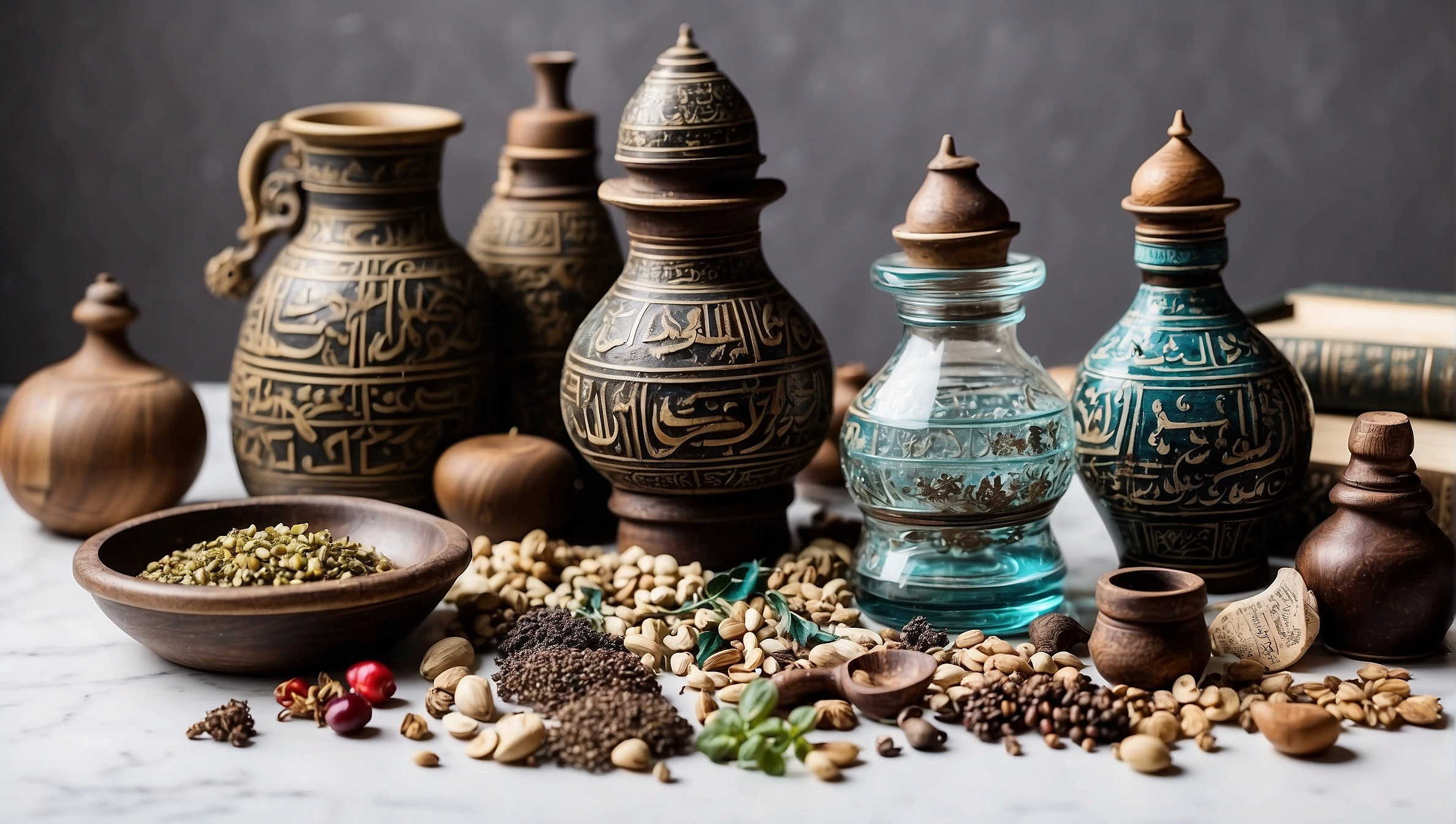Folk medicine is a traditional craft in which a practitioner uses seeds and herbs to provide therapeutic solutions, based on his experience and knowledge. Such a practitioner also provides a number of other traditional solutions, such as cauterization treatment, cast treatment, and treatment by Zamzam water, nigella sativa seeds (aka the black seed), etc.
Folk medicine is based on experience in practicing various popular treatment methods, based on knowledge of the effects of plants and herbs to manufacture traditional drugs. It also involves applying other treatment methods whose efficacy was proven by practice and experience, and expertise in diagnosis of diseases.
Abundance of Medicinal Herbs in Madinah:
Madinah is famous for the large number of wild herbs because of the diversity of its terrain. This advantage contributed to the emergence of herbalists. Famous herbs include myrrh, peganum, aloes, juniper, henna, basil, Salvadora Persica (toothbrush tree), etc.
The Craft in Madinah:
Folk medicine is one of the most important crafts in various cultures. In Madinah, different therapeutic herbs grow. Mount Uhud is one of the most important habitats of those herbs.
No Conflict Between Folk and Modern Medicine:
Undoubtedly, with the advances in modern medicine in our time, the role of folk medicine has declined, but it still survives as a social practice. Many people still opt for this folk medicine as an alternative for treating some diseases.
Getting and Training on Folk Medicine Products:
A wide range of alternative folk prescriptions are available at herbalists' stores. Although folk medicine has declined as a profession, alternative therapeutic methods are widespread as they are passed down through generations.
